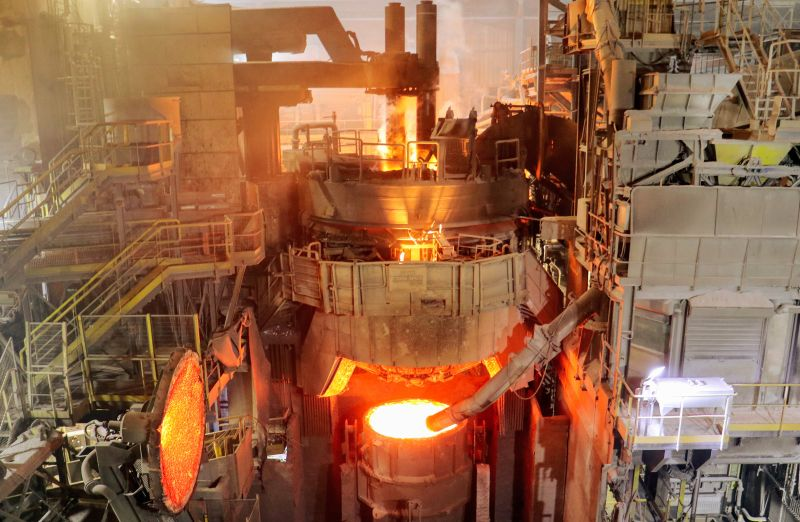The electrodes used in the EAF play a crucial role in maintaining the arc and controlling the heat input into the furnace. The Intelligent Electrode Regulator for Electric Arc Furnace steelmaking process is a complex and energy-intensive operation that requires precise control of various parameters to achieve optimal results. One of the key components in this process is the electric arc furnace (EAF), which uses an electric arc to melt scrap steel and other materials.
However, traditional electrode regulation systems are often limited in their ability to respond quickly and accurately to changes in the furnace environment, leading to suboptimal performance and increased energy consumption.
To address these challenges, researchers and engineers have developed intelligent electrode regulators for use in EAFs. These advanced systems utilize advanced sensors, control algorithms, and machine learning techniques to optimize electrode positioning and current regulation in real-time.
By continuously monitoring the furnace conditions and adjusting the electrode position and current as needed, intelligent electrode regulators can help improve the efficiency and productivity of the EAF while reducing energy consumption and emissions.
One of the key advantages of intelligent electrode regulators is their ability to adapt to changing furnace conditions.
For example, if the temperature or composition of the melt changes, the regulator can automatically adjust the electrode position and current to maintain optimal conditions for steelmaking. This can help prevent overheating or underheating of the melt, which can lead to quality issues or equipment damage.
Another advantage of intelligent electrode regulators is their ability to optimize energy consumption. By using real-time data on furnace conditions and adjusting electrode position and current accordingly, these systems can help reduce energy waste and lower operating costs.
This can be particularly important in today’s competitive steelmaking industry, where cost savings and sustainability are critical factors for success.
In addition to improving efficiency and reducing energy consumption, intelligent electrode regulators can also enhance safety in EAF operations.
By continuously monitoring the electrode position and current, these systems can detect potential safety hazards such as short circuits or excessive current flow.
If such a hazard is detected, the regulator can automatically shut down the EAF or take other corrective actions to prevent accidents.
Overall, intelligent electrode regulators represent a significant advancement in the field of steelmaking technology.
By providing real-time control and optimization of electrode positioning and current regulation, these systems can help improve efficiency, reduce energy consumption, and enhance safety in EAF operations.
As the demand for high-quality steel continues to grow, it is likely that intelligent electrode regulators will become increasingly important in meeting the needs of the steelmaking industry.

